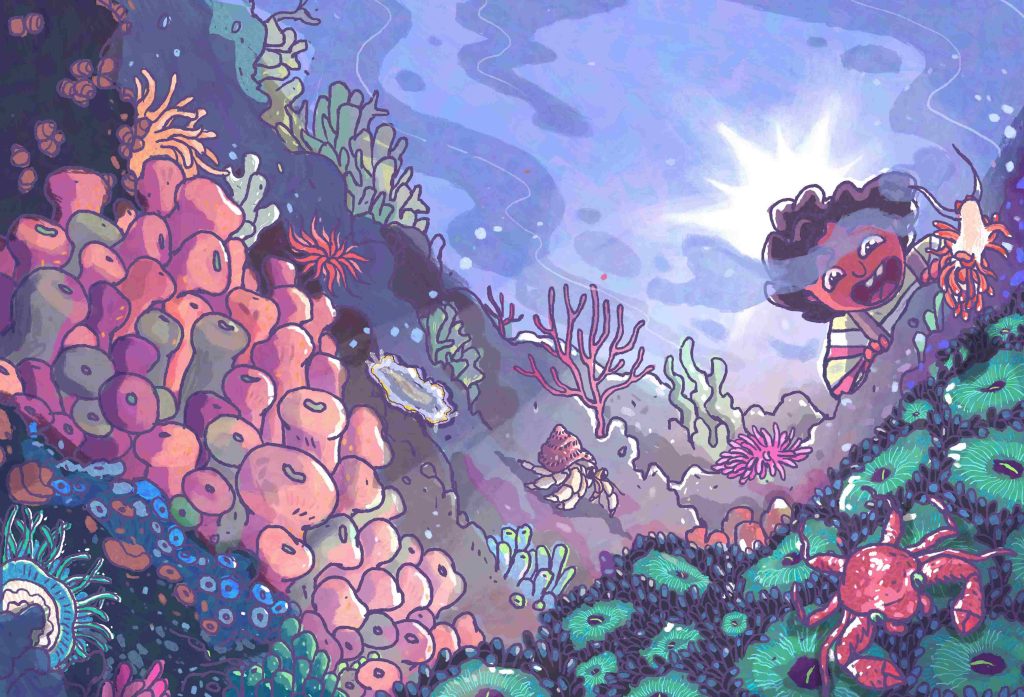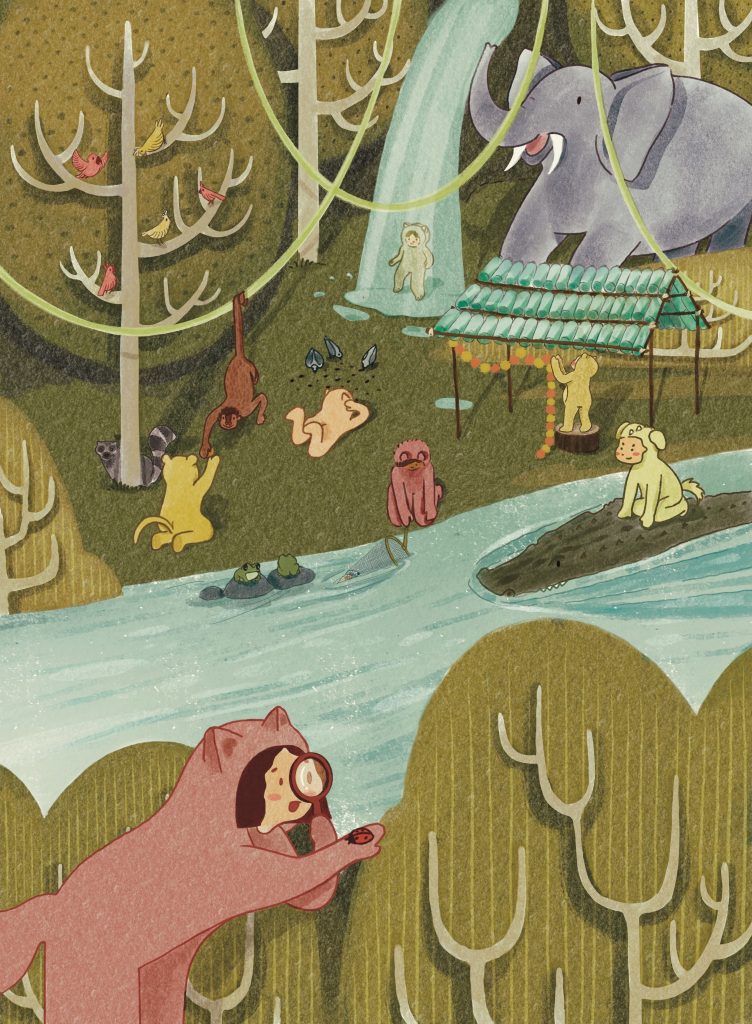Orangutans are one of the five species of great ape. The others are humans, chimpanzees, bonobos, and gorillas. Once widespread throughout the forests of Asia, orangutans are now found on just two islands in Indonesia, Sumatra, and Borneo. Each island has its own unique species. Indigenous people of Indonesia and Malaysia call this ape “Orang Hutan,” which literally translates as “Person of the Forest”.
Humans are closely related to orangutans. We share 96.4% of our DNA with them. We and they evolved from the same early ape ancestor, splitting from them about 13 million years ago. Orangutans can live for around 45 years in the wild.
They don’t live in groups like the other great apes, although the relationship between females and their offspring remains close for years after the young can feed and look after themselves. Females have their first offspring when they are 15-16 years old and will usually have no more than 3 offspring in their lifetimes.
Orangutans eat ripe fruit and find over 90% of their food in the forest canopy. Because their food is often scattered and unpredictable, orangutans spend up to 60% of their time finding food and eating. Orangutans also sleep in the treetops and make new ‘nests’ each night made by bending branches into a platform to support their weight. These nests can be 100 feet above the ground and males can weigh 80 kilos, so the nests need to be strong!
Orangutans are very intelligent and have even been seen making simple tools. Twigs to scratch themselves. Leafy branches to shelter themselves from rain and sun. Branches as tools during insect foraging and honey collection, and for protection against stinging insects. Tools to extract some seeds from their shells that can contain stinging hairs. Leaves as gloves to help them handle spiny fruits and branches, or as seat cushions in spiny trees. Leaves as napkins to wipe their chins. Good table manners are important, even in the forest!
Both species of orangutans are highly endangered. One hundred years ago, there were thought to be 315,000 orangutans in the wild. There are now less than 1/4 of this number left: 14,600 in Sumatra, and less than 54,000 in Borneo. The main causes of their decline are cutting down trees for building and agriculture and poaching for meat and the pet industry. Because females have only three offspring in their lifetimes, orangutan populations grow very slowly and take a long time to recover from habitat disturbance and hunting. This is why the work of organizations like the Sumatran Orangutan Society and the Orangutan Information Centre is so important.





